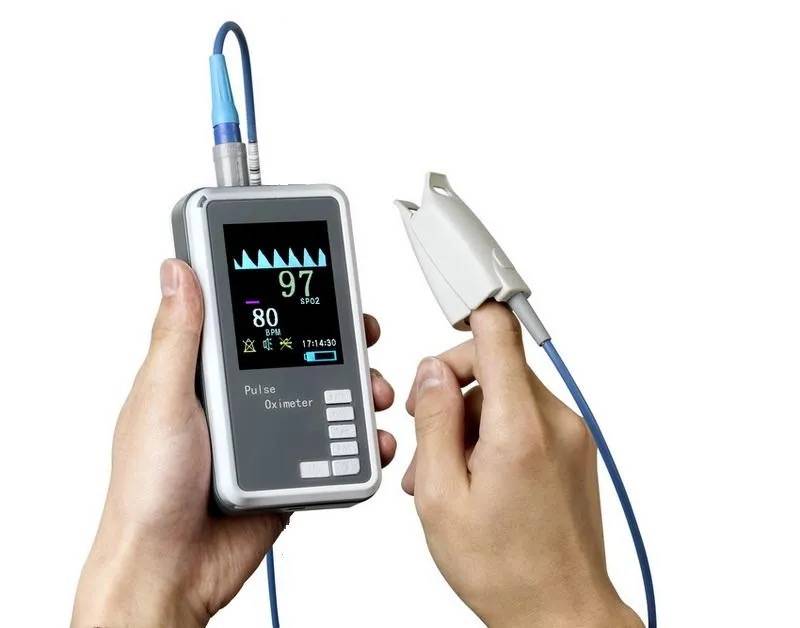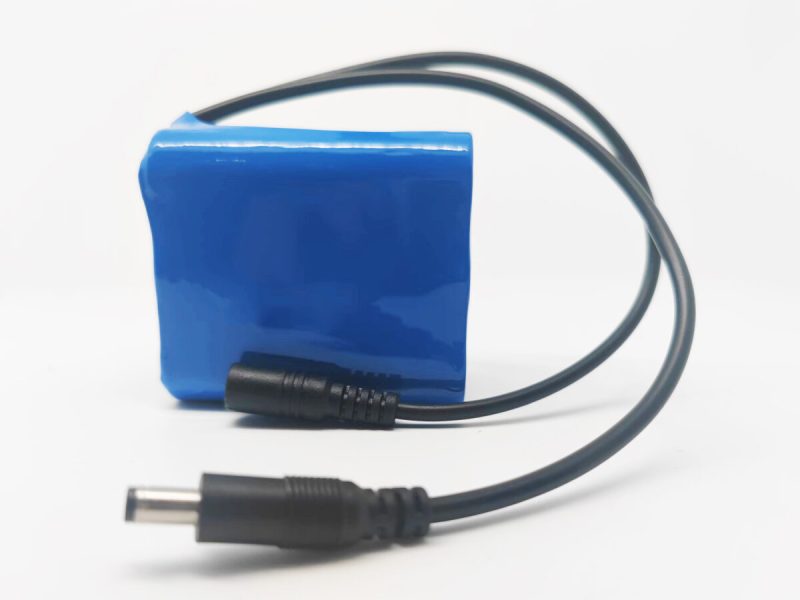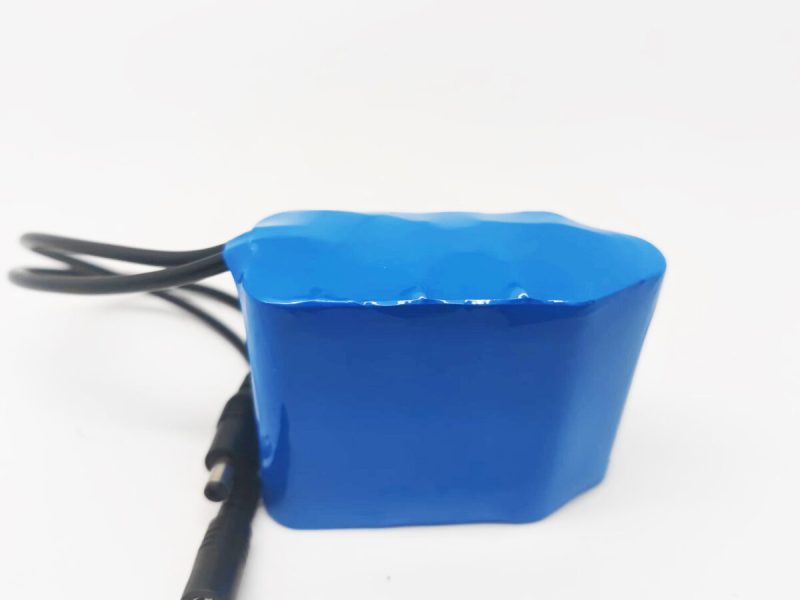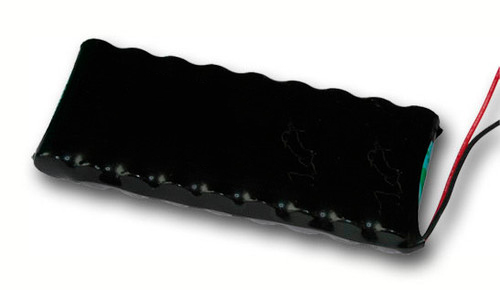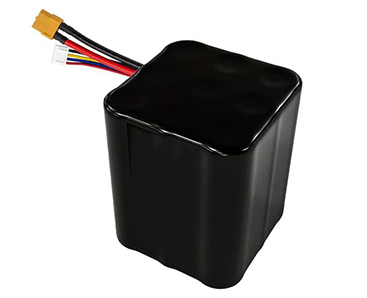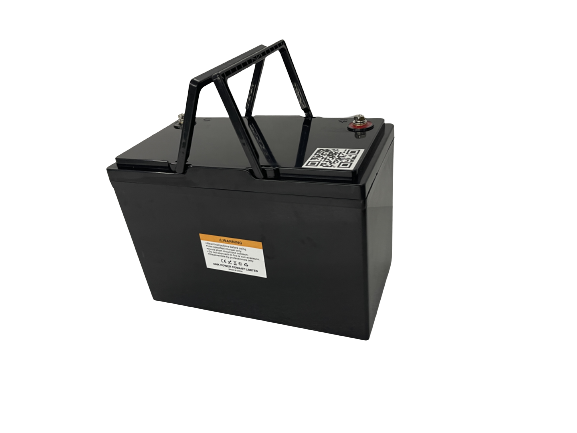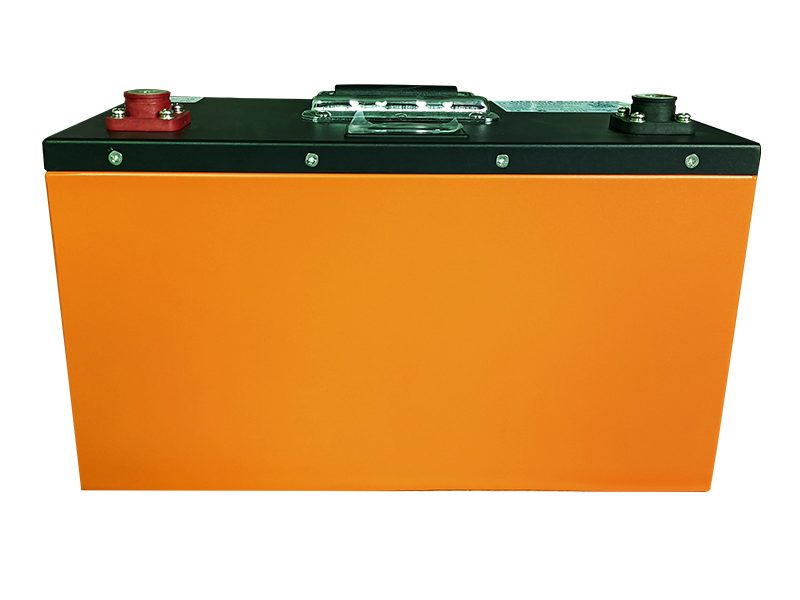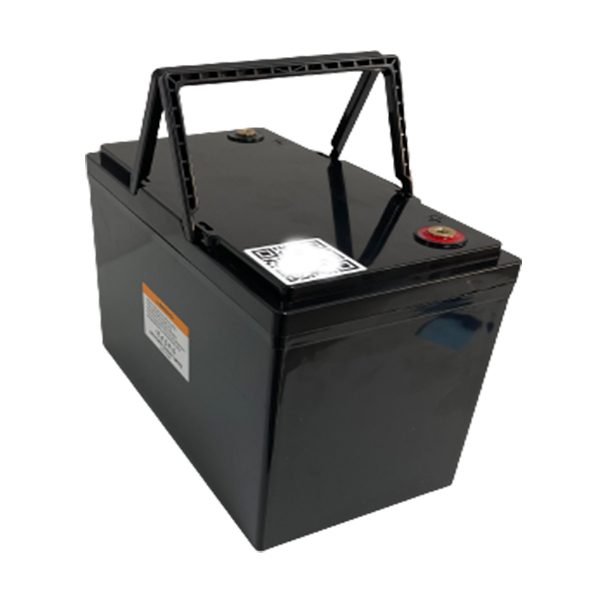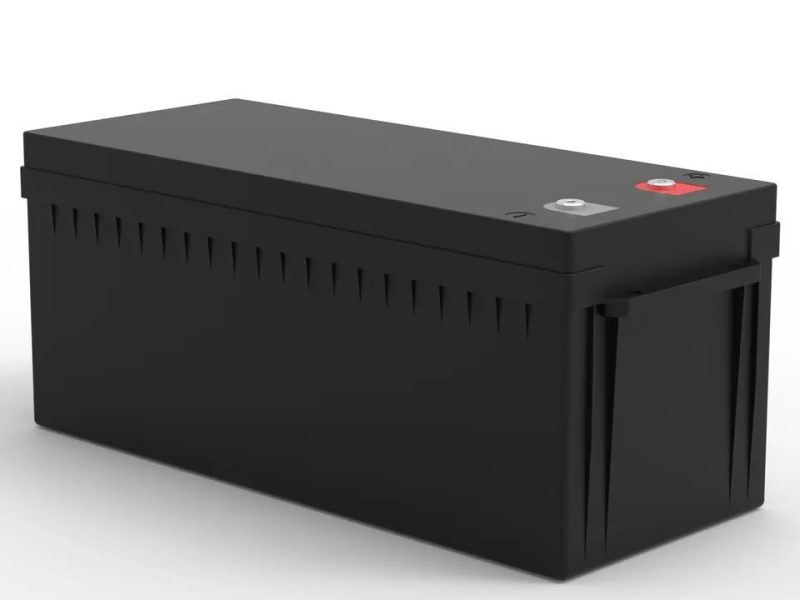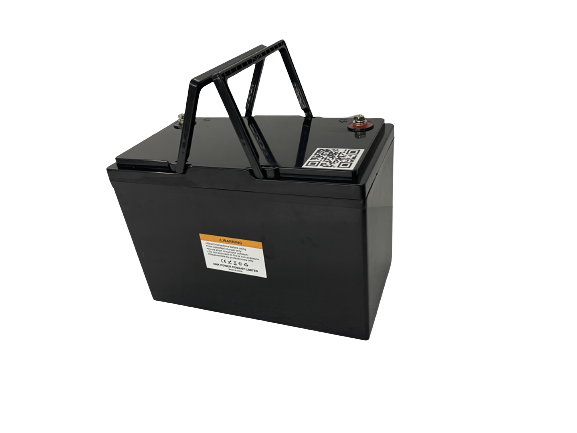Pulse oximeters have revolutionized healthcare monitoring by providing critical insights into blood oxygen levels and heart rates. Their reliability depends on high-quality power sources that ensure accurate readings and extended operation. This guide examines optimal battery solutions for both clinical and personal pulse oximeter devices.
Understanding Pulse Oximeter Power Requirements
Pulse oximeters are non-invasive medical devices that measure oxygen saturation (SpO2) through optical sensors. These compact monitoring tools require consistent, reliable power to deliver accurate health data in clinical settings and home environments. Different device models have specific power needs that directly impact performance and measurement precision.
Professional vs. Consumer Battery Solutions
Medical facilities rely on professional-grade pulse oximeters requiring dependable power sources for continuous monitoring, while home-use devices often utilize more accessible battery options.
High-Performance Rechargeable Options
Professional pulse oximeters benefit from advanced lithium battery technology including:
- Custom 18650 Li-ion cells providing extended operational runtime
- Lightweight lithium polymer packs for compact, portable devices
- Long-cycle LiFePO4 batteries delivering 3000+ cycles for clinical settings
- Specialized voltage configurations matching exact device specifications
Standard Consumer Battery Types
Many consumer and some clinical pulse oximeters use readily available batteries:
- AAA/AA batteries for handheld monitoring devices
- Button cell batteries (CR2032) for finger clip models
- Disposable options providing 1.5-3V power ranges
Optimizing Pulse Oximeter Battery Performance
Proper battery management significantly extends monitoring capability and device lifespan while ensuring measurement reliability.
Critical Voltage Considerations
Pulse oximeters typically operate within precise voltage parameters (1.5-3.7V), with professional models requiring exact specifications to maintain calibration accuracy. Vade Battery’s custom lithium solutions deliver consistent voltage profiles throughout discharge cycles, preventing measurement drift during critical monitoring.
Temperature Management For Battery Longevity
Battery exposure to environmental extremes dramatically impacts performance and lifespan:
- Store devices and spare batteries in climate-controlled environments (20-25°C)
- Avoid leaving pulse oximeters in vehicles or direct sunlight
- Implement proper storage protocols for backup batteries in medical facilities
Vade Battery’s Medical-Grade Power Solutions
Vade Battery specializes in custom rechargeable power solutions engineered specifically for medical monitoring devices including pulse oximeters.
Safety-Certified Battery Technology
All Vade medical device batteries undergo comprehensive certification including:
- UN38.3 transportation safety verification
- IEC compliance for medical applications
- Rigorous quality control exceeding industry standards
Custom Design For Medical Applications
Vade’s engineering team develops purpose-built battery configurations that deliver:
- Extended monitoring durations for critical patient care
- Optimized form factors for portable medical devices
- Cost-effective solutions for healthcare providers
- Environmentally sustainable alternatives to disposable batteries
For reliable, long-lasting performance in pulse oximeter applications, Vade Battery’s custom 18650, Li-ion, lithium polymer, and LiFePO4 solutions provide healthcare professionals and device manufacturers with power sources engineered specifically for precision health monitoring requirements.

